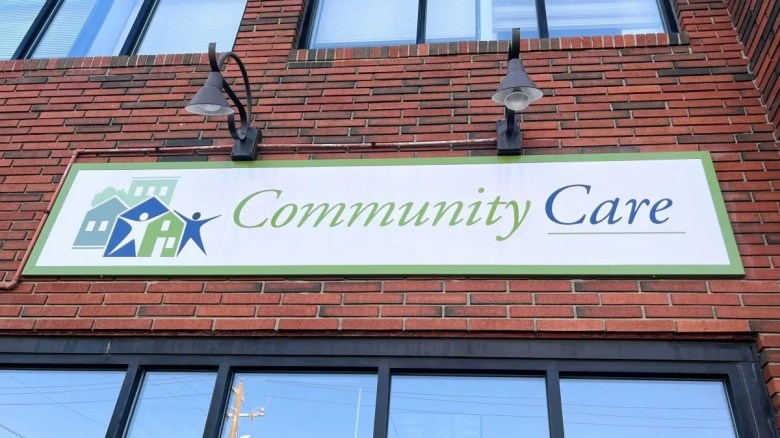Maine’s largest provider of visitation services for children in welfare cases, Community Care, has significantly underperformed in arranging timely visits between parents and their children. According to an analysis by The Maine Monitor, the organization scheduled just 10% of the required visits within the mandated seven-day period last year, falling far short of its contractual obligation to arrange 90% of referrals in that timeframe.
The state is obligated to arrange visits between parents and children within seven days after removing children from their homes due to concerns about abuse or neglect. These visits are crucial for maintaining familial bonds and facilitating potential reunification. Unfortunately, Community Care’s performance has hindered this process, scheduling only 30 of the 276 referrals it received in 2024 within the required timeframe.
Contractual Obligations and Performance Issues
Despite its poor track record, the Maine Department of Health and Human Services (DHHS) renewed its contract with Community Care in December 2023. This new agreement permits the agency to invoice the state up to $292,791 per month, totaling approximately $3.5 million annually. The contract has raised concerns among child welfare advocates, as the state continues to pay for services despite Community Care’s inability to meet its obligations.
Community Care, which operates from its headquarters in Bangor and has 13 satellite offices, is responsible for five of Maine’s eight DHHS districts. In one of the most significant failures, the organization scheduled only 2 of the 55 referrals it received within the seven-day requirement in Cumberland County, resulting in a dismal 3.6% success rate.
Alisa Morton, a spokesperson for DHHS, expressed concern over the organization’s performance but did not clarify what steps the department is taking to ensure improvement. “That current providers are not providing expected services is of serious concern to the Department, and we are continuing to closely monitor their performance to ensure that timely visitation continues,” she stated.
Impact on Families and Child Welfare System
The inability of Community Care to schedule timely visits has serious implications for children and families. Delays in visitation can prolong the emotional trauma experienced by children removed from their homes and hinder the reunification process. Experts and advocates within the child welfare system emphasize the importance of these visits for both parents and children, noting that they are essential for maintaining connections that facilitate reunification.
Many families have reported waiting weeks or even months for visits to be arranged, with the median time between a referral and a visit being 29 days. “Supervised visitation providers often tell caseworkers they don’t have any openings, or they will only drive certain distances,” noted Tom Farkas of the Maine Service Employees Association. “Sometimes they don’t respond at all to caseworkers trying to schedule visits.”
The workload on DHHS caseworkers has increased as they attempt to fill the gaps left by Community Care’s poor performance. While the department has mentioned using caseworkers and resource parents to ensure families receive timely visits, it has not provided data on how frequently this occurs.
The significant underperformance by Community Care in comparison to other state-contracted providers raises further questions about systemic issues within Maine’s child welfare services. Other contractors, such as AMHC and Penquis Community Action Agency, have managed to schedule visits within the required timeframe at rates of 48% and 93%, respectively.
Child welfare advocates, including attorneys involved in protection cases, have expressed their concerns about the lack of accountability for Community Care. Taylor Kilgore, an attorney in Androscoggin County, questioned who holds the organization accountable for failing to meet its contractual obligations.
Judge Jennifer Nofsinger of Cumberland County District Court has also criticized the lack of visitation resources, stating in a recent ruling that it was “simply not acceptable” for a mother to have had only one visit with her child in three months.
As Maine continues to navigate the complexities of child welfare, the ongoing issues surrounding visitation scheduling highlight the urgent need for effective solutions. The state’s contracts with Community Care and other providers are set to expire on September 30, 2024, and DHHS is currently working on extending these agreements while planning to issue a request for proposals for visitation services in early 2026.
The situation remains critical as stakeholders advocate for improved services that prioritize the well-being of children and families affected by the child welfare system.







